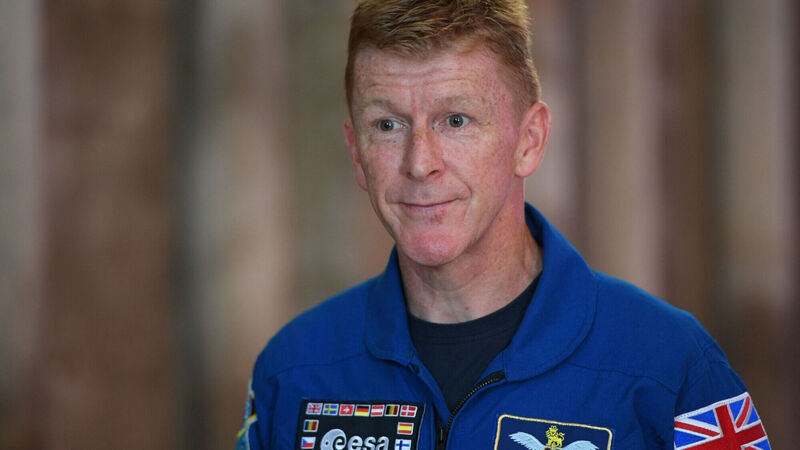Tim Peake: Space debris poses catastrophic risk to International Space Station

Tim Peake has warned of the ‘catastrophic’ risk that debris poses to the International Space Station (Joe Giddens/PA)
The growing amount of space debris orbiting the earth risks a “catastrophic impact” with the International Space Station, Major Tim Peake has warned.
Major Peake, the first British astronaut to walk in space, said communications satellites vital to many aspects of modern life were all potentially in jeopardy from the “hundreds of thousands” of small pieces of debris travelling “exceptionally fast”.











